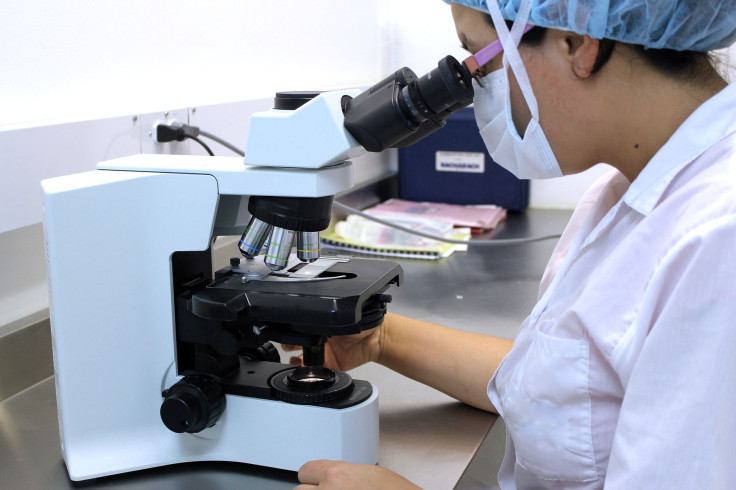New Gonorrhea Medication Could Treat Even Antibiotic-Resistant Strains

It’s safe to say that everyone knows you should have safe sex if you don’t want to acquire a sexually transmitted infection. Still, many choose to go condom-free, which has led to spikes in many common diseases like gonorrhea, which the World Health Organization (WHO) says is becoming much harder, and in some cases, even impossible to treat. But researchers at the Imperial College London and the London School of Hygiene & Tropical Medicine have developed a new drug that could treat antibiotic-resistant gonorrhea.
Read: Why Marketers Are Targeting India's Teens With Flavored Condoms
The team tested 149 samples of gonorrhea taken from infected patients and found that the new antibiotic, closthioamide, treated 146 of the cases. The medication also treated antibiotic-resistant strains of the infection provided by the WHO.
Dr. John Heap, lead study author from Imperial’s Department of Life Sciences, said in a statement, “The imminent threat of untreatable antibiotic-resistant infectious diseases, including gonorrhoea, is a global problem for which we urgently need new antibiotics. This new finding might help us take the lead in the race against antimicrobial resistance.”
This discovery is particularly important as drug manufacturers don’t often spend a lot of research and development on antibiotics. According to the WHO, these medications make little money for companies as antibiotics are only used for fixed periods of time and eventually become less effective, meaning a new drug then has to take its place.
“Antibiotic resistance, combined with the reduction of drug development, is one of the biggest health issues facing the world today,” said study co-author Victoria Miari of the London School of Hygiene & Tropical Medicine, in a statement. “The problem threatens to render many human and animal infections untreatable, including gonorrhoea.”
As Heap explained, developing antibiotics can be tricky, too, furthering the problem.
“We believe there are many undiscovered antibiotics out there in nature, but they are difficult to find and test,” he said. “For example, the bacteria which produce closthioamide naturally make only tiny amounts that are not enough to test or use, so we had to chemically manufacture it ourselves by mimicking its natural structure.”
However, the team still has a lot of research to do before closthioamide will be available at the pharmacy. This study was conducted on gonorrhea cultures in a lab and the antibiotic would have to be shown effective and safe in animals before getting approval for use in humans.
Read: Personal Lubricant Made From Seaweed Extract May Prevent HPV, One Of The Most Widely Spread STIs
Public health officials warn that the STI problem is only getting worse. Beginning in 2014, the rates of chlamydia, gonorrhea, and syphilis increased for the first time since 2006 and reached an all-time high in 2015.
See Also:
5 Most Popular Sex Searches On Google, From Addiction To Smell Questions
The Future Of Sex: Why America's First SexTech Hackathon Probably Isn't What You Think It Is
Published by Medicaldaily.com



























